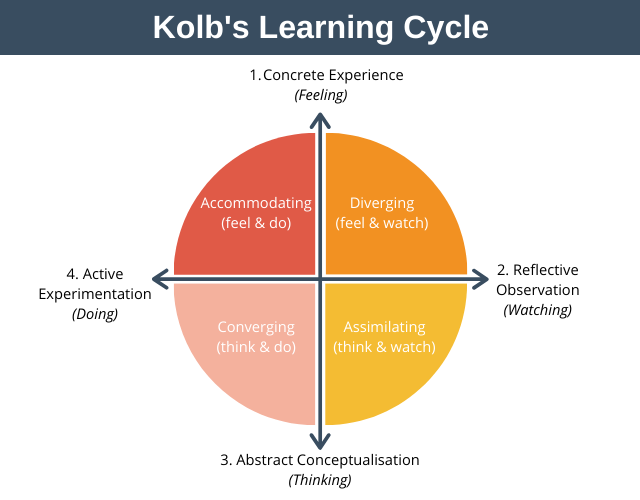Every individual has a unique approach to learning, and understanding your learning style can significantly enhance your educational journey. Learning styles refer to the different ways in which individuals perceive, process, and retain information. By identifying your preferred learning style, you can tailor your study methods and strategies to match your strengths, allowing you to maximize your learning potential. In this article, we explore the concept of learning styles and how they can impact your educational experience.
Visual Learners:
Visual learners prefer to absorb information through visual stimuli such as images, charts, graphs, and diagrams. They have a strong visual memory and find it easier to understand and remember concepts when presented in a visual format. Visual learners benefit from techniques such as creating colorful mind maps, using flashcards with visual cues, and utilizing visual aids during presentations or lectures. Watching videos, utilizing infographics, and using highlighters or color coding can also be effective study techniques for visual learners.
Auditory Learners:
Auditory learners grasp information best through sound and verbal communication. They learn by listening attentively to lectures, discussions, or audio recordings. Auditory learners often benefit from reading aloud or discussing concepts with others. They can enhance their learning by utilizing techniques such as participating in group discussions, using voice recordings to review material, and explaining concepts to themselves or others. Additionally, using mnemonic devices or creating rhymes and songs can help auditory learners retain information more effectively.
Kinesthetic Learners:
Kinesthetic learners thrive through hands-on experiences and physical movement. They learn best when they can engage in activities that involve touch, movement, and physical manipulation. Kinesthetic learners benefit from interactive learning environments, such as conducting experiments, engaging in role-playing exercises, or participating in simulations. They can enhance their learning by incorporating gestures, using manipulatives or models, and taking frequent study breaks that involve physical activity. Writing notes by hand and practicing through practical applications also aid kinesthetic learners in retaining information.
Reading/Writing Learners:
Reading/writing learners prefer to learn through the written word. They excel at reading and comprehending written material and find value in note-taking and written exercises. Reading/writing learners benefit from techniques such as creating detailed outlines, summarizing information in their own words, and writing reflective essays or journal entries. They can enhance their learning by utilizing textbooks, written study guides, and making written flashcards. Engaging in self-study and referring to written materials are effective strategies for reading/writing learners.
Understanding Your Learning Style:
Identifying your learning style is a journey of self-awareness and observation. You can start by reflecting on your past learning experiences and determining which methods were most effective for you. Pay attention to how you naturally process information and notice any patterns in your preferred learning activities. Experiment with different study techniques and strategies to gauge their effectiveness.
It’s important to note that most individuals have a combination of learning styles, with one or two dominant styles. Embrace the diversity of your learning preferences and be open to using a variety of techniques that cater to different styles. Flexibility in your approach to learning can lead to a more comprehensive understanding of the subject matter and a deeper engagement with the material.
Learning styles play a significant role in how individuals acquire, process, and retain knowledge. By understanding your learning style, you can optimize your learning experience and make studying more effective and enjoyable. Remember that there is no “one-size-fits-all” approach to learning, and what works for one person may not work for another. Embrace your unique learning style and tailor your study methods to suit your strengths. By doing so, you’ll unlock your full learning potential and embark on a fulfilling educational journey.
You can discover your learning style by taking the learning styles test from the link below.




